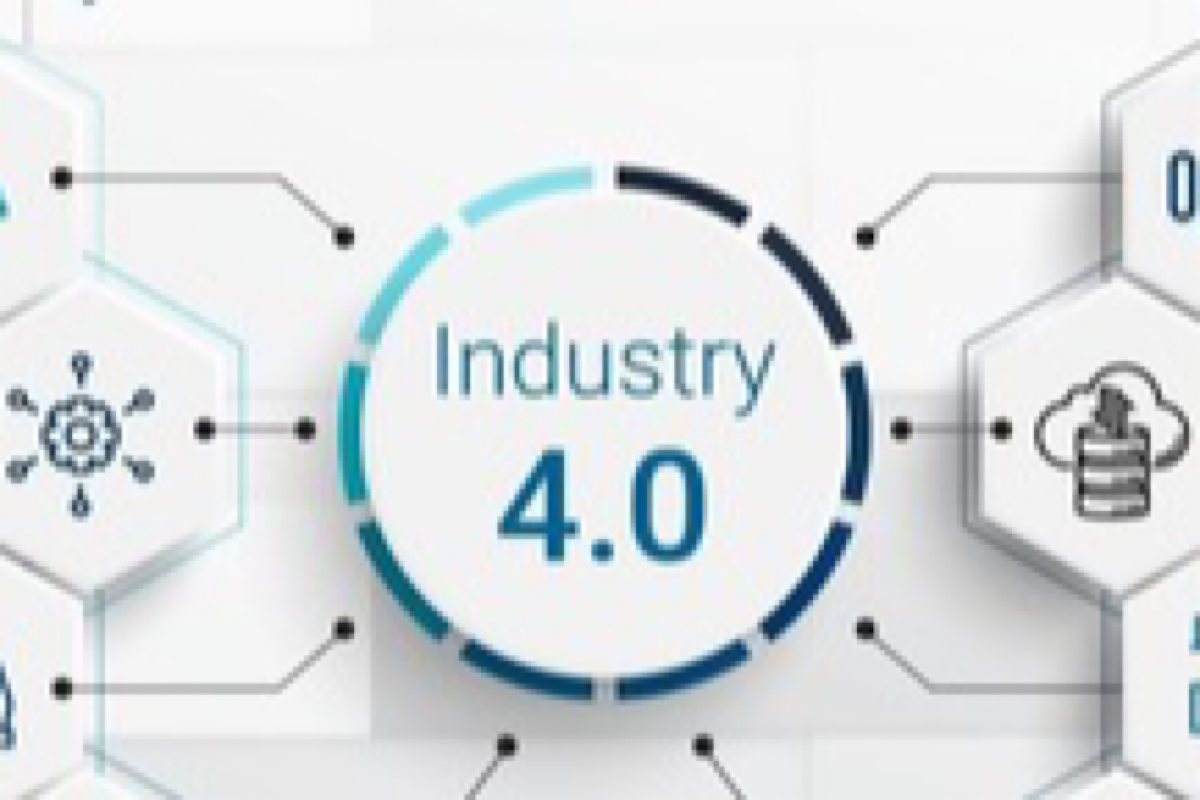National Industrial Corridor Development Corporation Limited (NICDC), Logistics Data Services Limited (NLDS) and Gujarat Infrastructure Development Board (GIDB) have signed a Memorandum of Understanding (MoU) to digitize the logistics landscape in Gujarat by leveraging Unified Logistics Interface Platform (ULIP).
Central to this partnership is the development of the Gujarat ULIP Dashboard by NLDS.
Advertisement
Designed to operate on a Hub-spoke model, the dashboard will seamlessly integrate with various state departments, ensuring a continuous flow of information.
It will provide real-time visibility into key logistics parameters such as shipment tracking, vehicle utilization, infrastructure availability, and transit times etc.
This collaboration is expected to bring visibility to streamline logistics operations, foster greater coordination among state departments, and enhance decision-making processes through real-time data insights, centre said.
The comprehensive tool will empower stakeholders across the government and private sectors to efficiently monitor and manage logistics operations throughout the state.
Secretary, DPIIT, Rajesh Kumar Singh, congratulating GIDB and NLDS, said that this collaboration is a major milestone in Government of India’s commitment to digital transformation under PM Gati Shakti.
The association underscores NLDS’s commitment to leverage technological advancements and innovation to drive progress in the logistics sector.
The MoU was signed by CEO and MD, NICDC, and Chairman, NLDS, Rajat Kumar Saini and CEO, GIDB, Banchha Nidhi Pani.
ULIP is a digital gateway that allows industry players to access logistics-related datasets from various Government systems through API-based integration. Currently, the platform integrates with 37 systems from 10 ministries via 118 APIs, covering over 1800 data fields.









